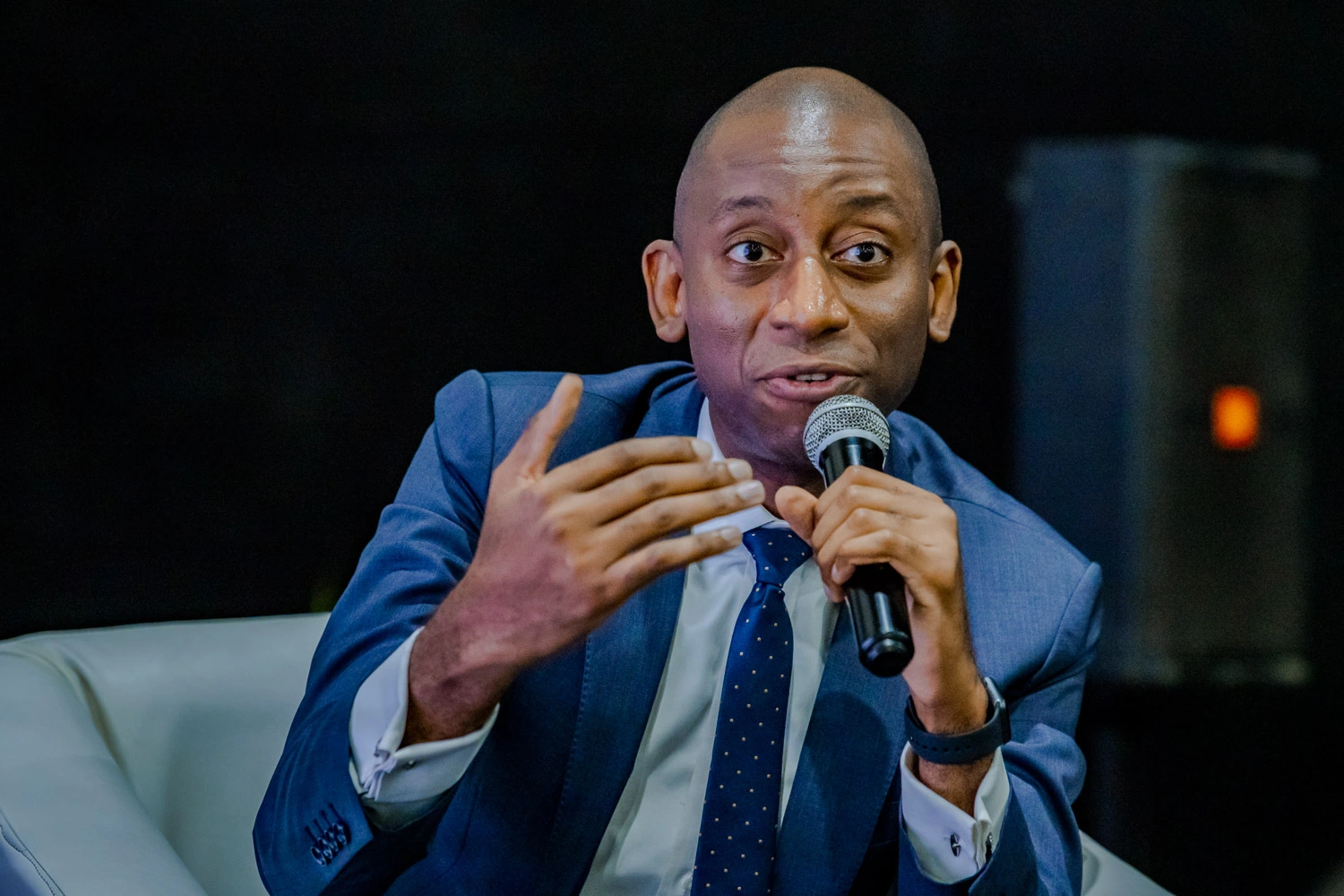This is the first in a series of Q&A sessions with local payment operators on their views on the significance and potential effects of PayPal’s entry into the Nigerian space. Tayo Oviosu is the Founder and CEO of Paga, an indigenous payments service with over 1.7 million users. Over 9.7 million transactions worth over 106 billion Naira have occurred on Paga since the platform launched to the public in February 2011.
Would you say PayPal’s entry into the Nigerian/African market will have any impact on the local payments space?
Yes, it would have a very positive impact. We’ve been in conversations with PayPal for a while and are happy to see they have finally seen that there is a segment of Nigerians looking to make purchases abroad and there is a real opportunity for cross border transactions into Nigeria. Generally I think this will attract a lot of attention that is positive. International investors will see what we have been preaching for a while, that there is a strong opportunity in payments in Nigeria.
The fact is no payment provider can truly attack the Nigerian payments market without the approach Paga is taking where we focus on not just banked users but also the unbanked. Only 30% of Nigerian Adults are banked, and only 15% of Nigerian Adults have a debit card. Then you have the fact that most Nigerians are not comfortable using their cards online or in-store yet. You need a viable network of agents to facilitate cash-in and cash-out. We have seen that in countries like China and India as well.
The Paga equivalent in China is AliPay. With its network of agents it has been able to address all aspects of the local payment landscape. 10% of China’s GDP goes through that one company and it has 222 competitors!
I see strong collaboration opportunities with PayPal on the business side. Most importantly their moves will attract more attention to the payment landscape in Nigeria and give Investors greater comfort to the local players going after the very difficult, but lucrative opportunity. Nigeria I think is similar to China, India, Russia – PayPal has a good business in those countries but there are strong local players.
PayPal’s entry into the space possibly heralds the entry of other international payment services like Stripe and Square. How prepared is Paga for this potential “onslaught” ?
Any e-commerce site in Nigeria can already use Stripe to accept Naira debit cards. You simply will pay a higher rate – I don’t see an “onslaught” so to speak. The reality is that Stripe will always look to integrate the widest payment sources in each market it chooses to address. As an example, in China, Stripe just started accepting the Paga equivalent – AliPay. It is only a matter of time for this to happen with Paga. I am confident we will see Paga accepted one day in the near future by PayPal and Stripe.
Similarly, Square is a provider of both service and a payment terminal for in-store payments. The key value proposition is rolling out the solution to merchants. This requires a ground game and that is squarely one of Paga’s focus areas. Paga Labs is currently working on deploying an in-store merchant payments solution similar to Square. We will deploy this solution by leveraging our strong distribution team and network of over 5,000 agents across Nigeria. We will make announcements in this area before the end of the year.
Should PayPal eventually include the ability to receive payments, it arguably presents a great advantage for local merchants, considering the zero financial barrier to entry. This is something that cannot be said of most local payment services. How is Paga addressing this and what are the challenges so far?
PayPal will eventually allow for local merchants to receive payments from PayPal customers. Paga already has a gateway that allows all local merchants to accept payments from anyone with cash in a Paga account, MasterCard, Visa, or Verve. The gateway setup costs are zero and Paga currently has over 1,500 businesses registered.
I don’t see the strong differentiator PayPal brings to the local acceptance business other than allowing people abroad to buy locally in Nigeria – and I don’t think this is a strong scenario. The real reason PayPal will drive for receiving locally is cross-border remittance. Even a 1% share of Nigeria’s in-bound remittances is quite significant.
Will Paga be open to collaborating with local developers to produce better integrated payment systems that will operate at the standard of global payment operators like PayPal?
Paga already has some strong offerings for developers and we continue to innovate. We already have a free gateway that allows for all cards and Paga with zero setup costs. We recently launched Paga Connect that allows application developers (web or mobile app) to offer one-click payments. This will open the world of in-app payments to Nigerian developers. We will soon announce a major client using Paga Connect. Their integration went live recently – we are now ironing out the announcement.
At Paga we are taking a long view to the payments landscape in Nigeria. What we are looking to do is to be the payment provider of choice for all businesses and individuals. We are agnostic to the funding source of transactions and are working on solutions for both online and in-store payments. We will also work with our competitors to enable interoperability.
The Nigerian market is very challenging to address, I do not see how a PayPal or any other company tries to address it without the type of significant on the ground investments we have (and will continue to make) at Paga. Thus I see a world of partnerships where companies leverage on the best of the other partner – it is a big market and it is very exciting – I welcome PayPal to Nigeria.


















